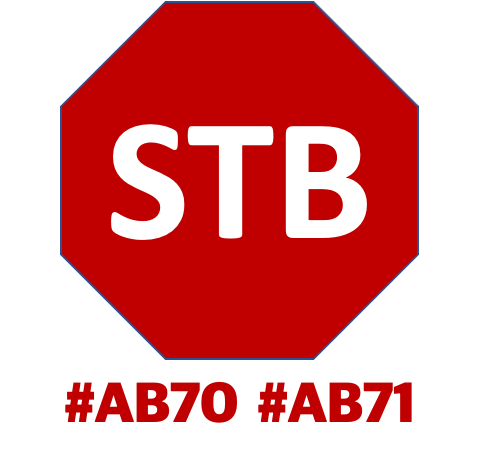
California Assembly bill AB-2260 proposes to place stop the bleed kits in public building AED new constructions. The goal of this bill is to reduce the time to bleeding control for those persons suffering injuries with severe bleeding. Currently paramedics and law-enforcement in California carry bleeding control devices, but there is a gap in which immediate responders can apply stop the bleed techniques to save lives until first responders arrive.
But is this realistic? Will bystanders actually touch a wounded person? What about the risk of disease transmission, and contact with blood? isn’t this all just a little too “gross” or “icky”?
Dr. Len Jacobs and other creators of the Stop the Bleed program actually surveyed Americans in 2016 to determine whether or not they would be interested in learning stop the bleed and performing the techniques. The results may surprise you.
The majority of respondents actually are likely to provide “Stop the Bleed” techniques if they are trained in “Stop the Bleed” OR if a bleeding control kit is available. This is a key point for AB-2260 – Kits will be used if the public has access!


What concerns do potential immediate responders have? These are perhaps not surprising: the sight of blood, risk of disease, personal safety, causing pain or injury, causing a bad outcome or putting one’s self in danger. Stop the Bleeding training addresses the issues of safety, risk of injury, blood exposure and bad outcomes. AB-2260 kits include gloves and a face mask.

Despite these risks, the majority of respondents are interested in Stop the Bleed training. Regarding interest in being trained, 82% of those physically able to provide aid indicated they would be very interested or somewhat interested in attending a local 2-hour class on bleeding control and other first aid techniques. Of those interested, 39% percent said they would definitely take the class if it fit their schedule, which is comparable to CPR training.
What about family and friends? Of the 941 individuals able to give first aid, 98% said they would be very likely or somewhat likely to try to stop bleeding in a family member with severe bleeding from a leg wound.
Does the US public support the public access Stop the Bleed kits as in AB-2260? Yes! Survey respondents were interested in bleeding control kits being put in public places. 70% of those interviewed indicated strong support for doing this. 23% percent somewhat supported the placement of bleeding control bags in public places, bringing the total level of support to 93%.
